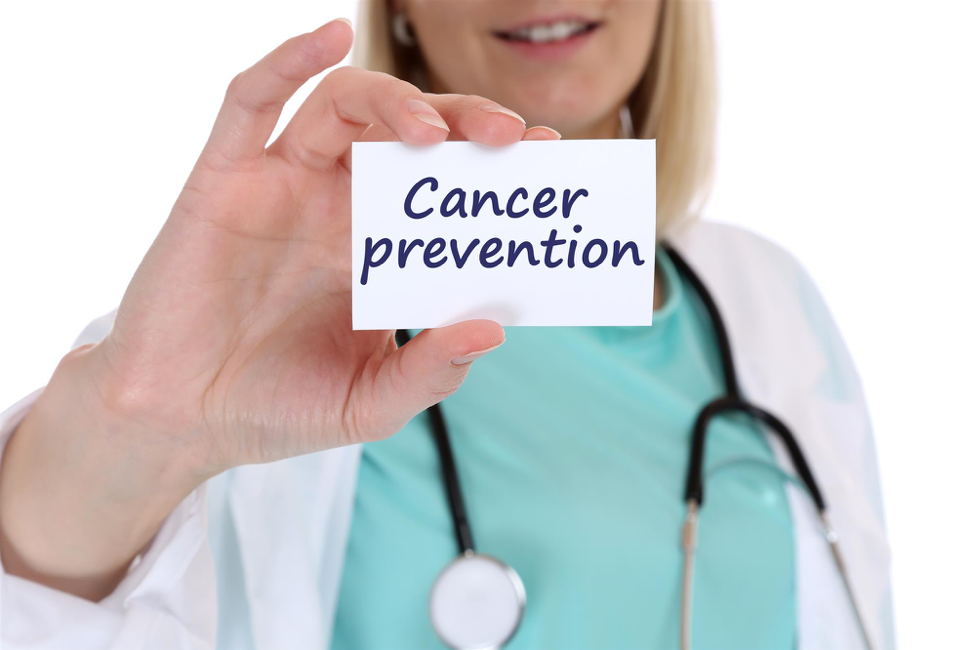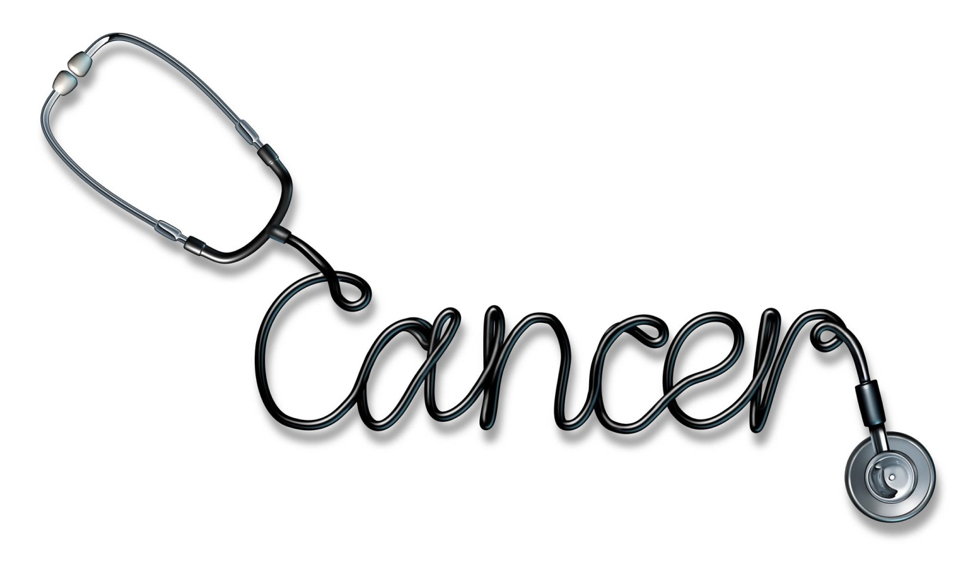
Should you avoid processed meats like the plague? Should you eat a handful of garlic with every meal? Will taking supplements increase or decrease your risk of cancer? When should you see your physician to discuss possible risk factors?
Every day, Americans are treated to a brand new cancer study that points to a different culprit or touts a novel cure. To make matters worse, new research often contradicts previous research. With so many conflicting reports about what causes different types of cancer and what prevents the growth of cancer cells, it’s no wonder people are confused.
Before throwing up your hands in desperation, take some time to review the American Cancer Society’s (ASC) Guidelines on Nutrition and Physical Activity for Cancer Prevention. Although ACS recommendations are by no means the gold standard—their report is one of many such prevention guides — they do offer straightforward advice on how to decrease your risk of falling prey to the nation’s second deadliest killer.1
Major Cancer Risk Factors
Most Americans are aware that tobacco is a leading cause of cancer. They are less familiar with the danger posed by other lifestyle choices. The truth is that good diet and exercise habits can radically reduce your chances of falling ill, while bad ones can dramatically increase the risk.
In fact, according to the World Cancer Research Fund, 20 percent of all cancer diagnoses in the United States are the result of a few basic lifestyle decisions. The worst culprits are:

How to Reduce the Risk
Despite numerous and often contradictory studies that point to this or that food, additive, or substance is potentially dangerous, the overall body of scientific evidence is clear: There is no substitute for a healthy lifestyle. That means the surest way to reduce your risk of cancer is to:
Specifically, the ACS recommends staying as lean as possible throughout your life while limiting the number of alcoholic drinks to 1 or 2 per day. Adults should also get at least 75 minutes of vigorous exercise or 150 minutes of moderate exercise every week. For children and teenagers, experts suggest a full hour of moderate to vigorous activity every single day.
While research does not yet agree on which foods and supplements are most harmful and which are most beneficial, they do agree that a balanced, healthy diet can reduce your risk of getting many different kinds of cancers, from colon and rectal cancer to breast and pancreatic cancer. Specifically, a high-fiber diet rich in vegetables, fruits, and whole grains is one of the surest ways to stay cancer free. Substituting fatty, processed meats (which contain nitrites) for fresh, lean cuts or beans can also lower the risk.
Stay Healthy, Stay Cancer Free
By understanding basic prevention strategies and following the ACS guidelines, you can begin to wade through the mass of contradictory information about cancer and separate fact from fiction. Only then can you work with your family doctor to make informed decisions about your diet and lifestyle.
To learn more about Weill Cornell Medicine research on cancer, review our studies and clinical trials.
Source